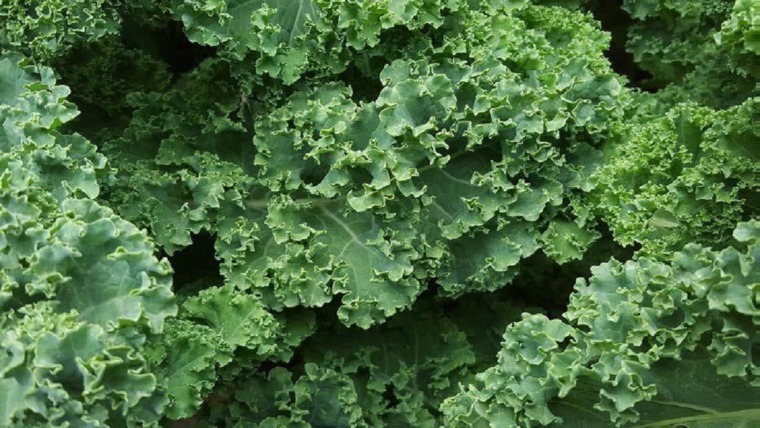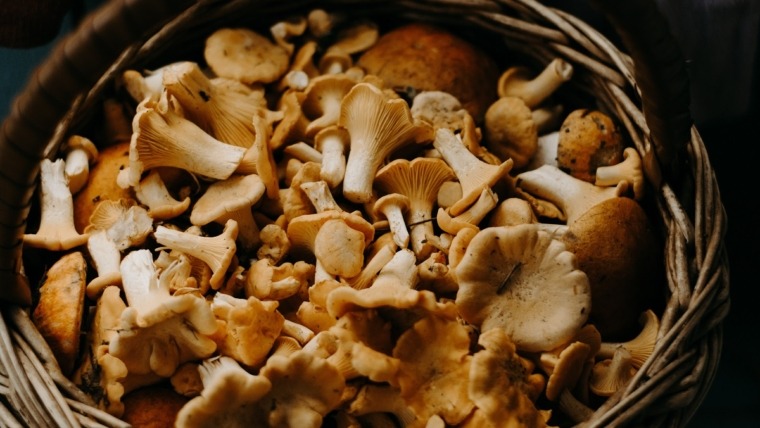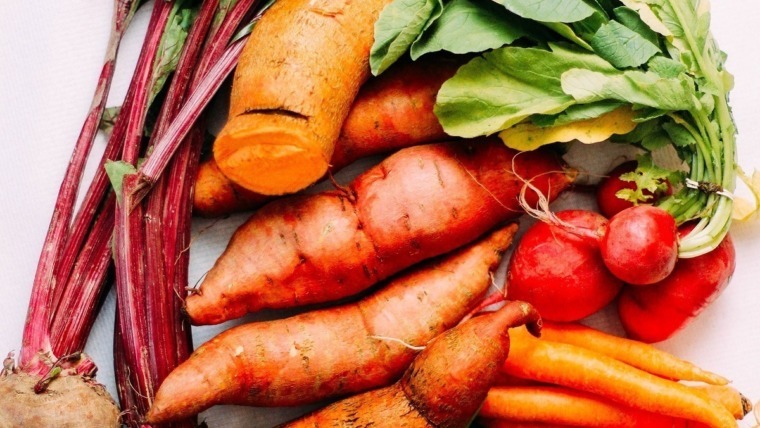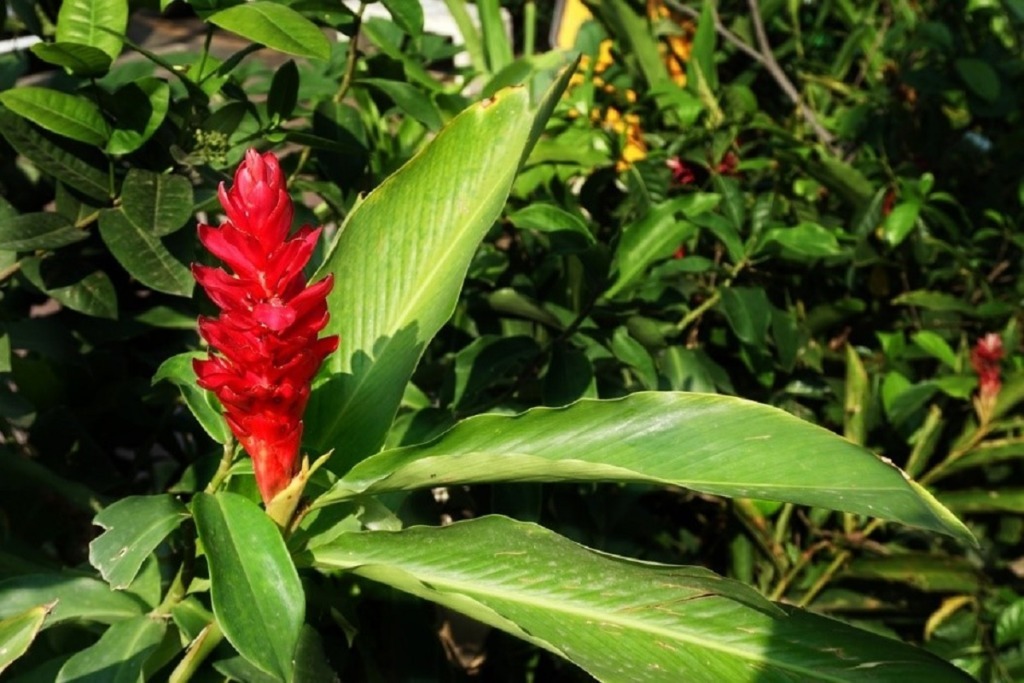
The Healing Powers Of Ginger
Written by Natasha Zervaas N.P.
Zingiber officinale, the spice is commonly known as Ginger, has been used as a food and traditional herbal medicine for thousands of years, as it contains a plethora of medicinal compounds which have been scientifically proven to be beneficial for health disorders ranging from nausea, circulation, and even weight loss.
Ginger contains high levels of a therapeutic compound called gingerol as well as polysaccharides, organic acids and other phytoactive substances such as zingerone, shogaol and paradol which act as a powerful antioxidant and anti-inflammatory. In fact, over a hundred different compounds have been isolated from ginger that purportedly contains anti-cancer, cardio and neuroprotective properties as well as minerals such as potassium, copper, manganese and potassium also. So as you can see, this humble spice is a medicinal and nutritional powerhouse!
I often use this warming herb in my practice for circulation disorders, heart disease and to help support healthy cholesterol levels as there is evidence in both human and animal studies to suggest that ginger can lead to significant reductions in both LDL (what I call ‘bad’ cholesterol), total cholesterol and blood triglyceride levels.
However, what I see most of in clinical practice is a myriad of health disorders with one common denominator – inflammation, and there can be several reasons for this. All of our body systems can be in an inflammatory state, and this can be due to dietary and lifestyle factors such as smoking, alcohol or obesity, but especially in this day and age, inflammation is often caused by or at the very least, exacerbated by stress. When the body is in a perpetual, long term state of chronic inflammation, the body’s innate inflammatory response can eventually do damage to healthy cells, tissues, and organs. Over time, this can lead to DNA damage and eventually cell tissue death and the development of diseases such as cancer, diabetes, arthritis and dementia.
However, a recent study in 2020 in the International journal of preventative medicine noted that an extract of ginger helped to inhibit the synthesis of certain inflammatory markers such as C-reactive protein. Due to the fact that oxidative stress and inflammation accelerate the ageing process, research has shown that ginger protects against age-related damage to the brain and even helps to improve brain function.
Arthritis is another inflammatory disorder that causes a lot of joint discomfort in patients, however, the good news is some studies have shown ginger to be effective at reducing the symptoms of osteoarthritis, particularly osteoarthritis of the knee.
Ginger is such as wonderful nutritive tonic for the whole body, I would recommend you utilise this medicinal food by incorporating it into your regular diet alongside some stress reduction techniques in order to reduce your overall inflammation levels. An easy (and delicious) way of doing this is to take regular breaks away from your computer and work desk, for example, take a few deep cleansing breaths whilst sipping on some herbal tea. Consuming ginger in the form of tea is just one way of using this versatile food as medicine. Ginger root is available as a fresh juice, dried or ground into a powder, but there is nothing quite as satisfying as the taste of fresh, organic ginger root tea you have prepared yourself! This way, you have control over the strength of your decoction and can make it suit your personal taste preferences.
Here is a recipe for ginger root tea with honey and lemon you can make in under thirty minutes.
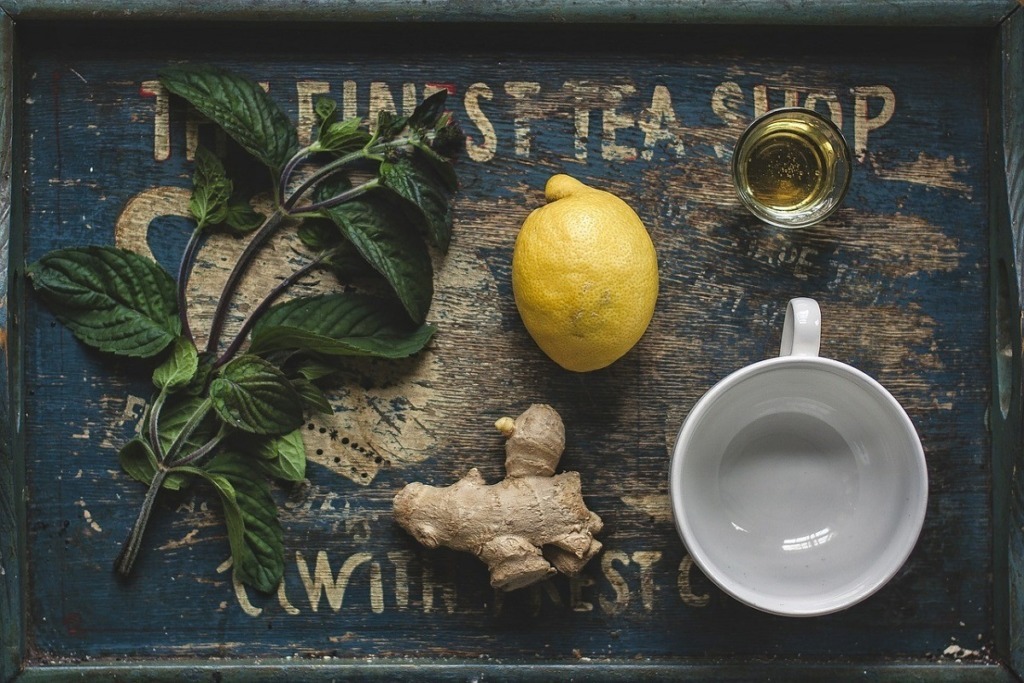
Ginger Root Tea
Equipment
- Saucepan
Ingredients
- 5 cm knob of fresh organic ginger root
- 1 tbsp of fresh lemon juice
- 1-2 tbsp of honey to taste
- 1 lt filtered water
Instructions
- Prepare the fresh ginger by slicing it very thinly to maximise the surface area. This will help you make a very flavoursome, ginger tea.
- In a medium sized saucepan, add the water and ginger and bring to the boil for at least 10 minutes. For a stronger brew, allow to boil for 20 minutes (or even more if that is to your taste, but you may need to use more slices of ginger).
- Remove from the heat, strain, then add the lemon juice and honey. Enjoy!
Notes
References:
https://www.healthline.com/health/chronic-inflammation#the-impact-of-diet
https://www.healthline.com/nutrition/11-proven-benefits-of-ginger
https://www.thespruceeats.com/homemade-ginger-tea
https://pubmed.ncbi.nlm.nih.gov/32763761/
Images courtesy of Pixabay

